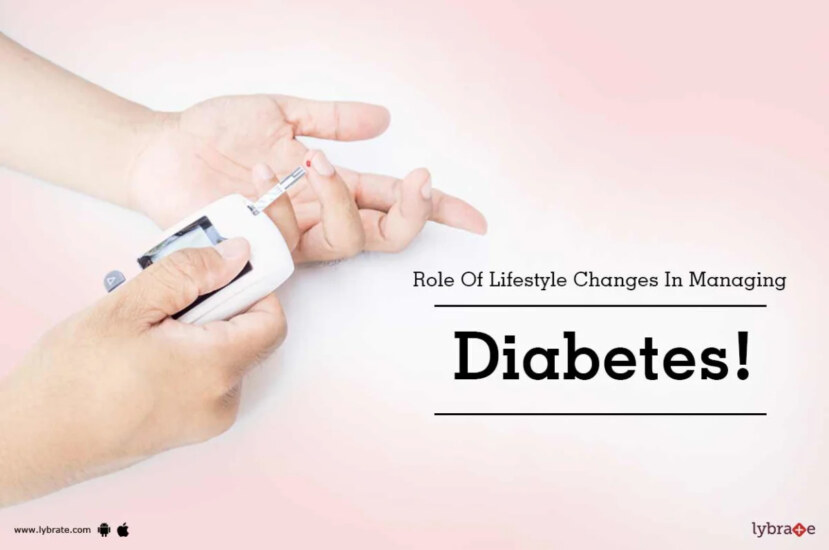How can a layman he/she can control diabetes via lifestyle changes
Type 2 diabetes is a late-onset condition, meaning it usually affects people after the age of 30. People with type 2 diabetes have blood sugar levels that are higher than usual.
The following are some of the lifestyle changes that are suggested:
- Getting two and a half hours of moderate-intensity exercise or one hour and 15 minutes of high-intensity exercise per week.
- Losing weight gradually to obtain a healthy BMI
- Increase your consumption of veggies and other high-fibre meals by replacing refined carbs with whole-grain items.
- Saturated fat consumption should be reduced.
Include Physical Activities:
The National Institute for Health and Clinical Excellence (NICE) recommends doing either 2 12 hours of moderate-level physical activity or 14 hours of rigorous exercise.
- Physical exercise of moderate intensity includes: Cycling over a somewhat level surface Hiking and swimming
- The following are examples of vigorous physical activity: Jogging, Football, Skipping and many more
*Structured or supervised exercise sessions may be recommended for some patients.
Weight Loss
- The range of 18.5 to 24.9 BMI values are considered to be healthy
- For persons of South Asian ancestry, the range is 18.5 to 22.9.
- A BMI above the healthy range loses weight gradually, intending to lose 5 to 10% of its body weight over a year.
- Weight loss can assist persons with pre-diabetes or type 2 diabetes in better regulating their blood glucose levels, as well as minimise their chance of acquiring diabetes.
Dietary Changes
- NICE’s basic dietary guideline for reducing the risk of type 2 diabetes is to minimise the fat intake and increase dietary fibre intake.
- People who are overweight should eat smaller amounts to ingest fewer calories.
Manage Stress:
- Type 2 diabetes has been linked to stress as a risk factor. When a person is stressed, their body activates the danger response.
- when you’re nervous, it’s possible you won’t be able to properly control your diabetes.
- You may forget to exercise, eat properly, or take your medications.
- Do deep breathing, yoga, or relaxing pastimes.









